4 AI Marketing Strategies for Creating Engaging Campaigns
For many years, human creativity, in-depth knowledge, and empathetic skills have been the main driving force behind business growth.
And then came Artificial Intelligence (AI) to transform the digital marketing landscape once and for all. AI integration is the future of marketing for teams and businesses that want to stay ahead of the competition.
It’s your go-to solution for optimizing your overall marketing strategy and increasing conversions while reducing risk. But what exactly is AI marketing?

(Source)
What Is AI in Marketing?
AI in marketing refers to the ways AI systems empower marketers to carry out effective marketing campaigns. AI technology automates and facilitates activities like data collection and analysis, content generation, or personalized targeting.
On the consumer side, AI-generated campaigns provide immediate solutions right when they need them, thus enhancing their experience with brands. On the marketing side, AI tools save the time and effort marketers would otherwise spend on doing repetitive tasks manually. When time is of the essence, artificial intelligence is a lifeline for businesses that want to create tailor-made campaigns.
Continue reading to find out how you can do so with the most common AI marketing use cases.
AI Marketing Use Cases
AI systems enable brands to speed up every process related to marketing campaign creation. Let’s take a look at the ways AI marketing yields the best results for your business:
1. AI boosts email marketing engagement
Over the past decades, email marketing has proven to be one of the most reliable and effective ways to contact prospective and current customers. AI plays a significant role in every type of content creation, and email marketing campaigns are no different.
This type of technology helps marketers collect crucial customer data and customize each email communication accordingly. AI gives you the tools to generate personalized email subject lines and copy and deliver targeted messages to every recipient.
Also, you can analyze the performance of past email campaigns based on the data collected. Then, all you need to do is leverage the insights to determine how you could optimize certain components, such as your sending times, visual elements, or CTAs.
Combine these capabilities with top-notch email marketing software like Substack or one of its reputable alternatives, and you’ll have everything you need to make the most of your email marketing.

(Source)
2. AI makes content creation easier and more efficient
With the plurality of digital marketing channels, the demand for inspiring and engaging content will only continue to grow. But unfortunately, there are limitations as to how creative a human content creator can be, especially with deadlines getting in the way.
AI goes through piles of customer data and comes back with key insights on how to produce high-quality content that improves customer experience and represents your brand tone.
We´ll have to say that the objective of integrating AI into content generation isn’t to replace great writers. Instead, AI tools are supposed to work together with writers and offer them suggestions quickly. Unlike AI, content writers can produce creative and unique content. AI, on the other hand, can pull ideas from every online resource available to spark any writer´s inspiration.
Also, you can set AI tools to proofread content for grammatical errors to generate optimum results. So, basically, AI content creation tools help human writers augment their talents and take their creativity to the next level.
3. AI chatbots improve customer service
When online visitors come across a customer service chatbot not working properly, all they wish for is a human representative. That’s where AI-powered chatbots come in to enable customer service teams to handle multiple customer communications without involving their agents.
More often than not, AI chatbots are so advanced that many users can’t tell whether or not they’re talking with a human.

(Source)
These bots can understand customer needs and offer them tailored solutions according to the query. Moreover, they identify if and when they have to end the conversation and route the request to the right team.
Intelligent bots allow businesses to respond to a large volume of queries across different platforms, thus providing users with a cohesive experience. And what happens when customers receive accurate responses exactly when they expect them?
Businesses get to increase customer satisfaction, which in turn, leads to brand loyalty.
4. AI enhances user experience
For years, most marketers have benefited from Google Analytics to monitor user interactions. AI technology takes it one step further, though. Marketing professionals get to analyze interactions like how visitors navigate through certain websites or what type of content they engage more with.
Not only that, but an AI platform can act on such insight to show visitors content they’re more likely to interact with. Therefore, web developers and designers take advantage of the capabilities of AI technology to enhance user experience on web pages.
From visual content creation to website layouts, AI solutions facilitate the development of web pages with personalized content that meets every visitor’s needs. By analyzing tons of data points regarding user demographics, web interactions, browsing history, etc., you can target users with tailored content and offers.
Or, you can leverage push notifications to display the right message to the right visitor – and, let’s not forget, at the right moment.
4 Best Strategies for Using AI in Marketing
AI marketing is beneficial for every business looking to create outstanding and high-converting digital content in the least amount of time. But to fully harness its power, marketing experts should adopt the most effective strategies.
Let’s take a look at them:
1. Set your goals straight
Many marketers and business owners fall into the trap of choosing specific AI tools to address their business needs and then adjusting their objectives to the solutions selected. It should be the other way around, though.
Your business goals must be your guide to determine the type of AI technology to leverage in your marketing efforts. Therefore, establishing clear goals beforehand is an essential step in selecting the AI technology that will help you fulfill them.
If you want to bring out the full potential of any AI system, you must integrate it into your overall marketing strategy and values. You could start by identifying the areas where there’s room for improvement or the issues you need to address.
Then, it’s time to figure out the KPIs that will help you measure the success of your AI-driven campaign, as well as improve future efforts based on the data collected.
2. Pick the right platform
Right after setting your goals straight, you should pick the right platform to get your AI marketing off the ground. Your business objectives and needs will show you the way to selecting the most appropriate solution based on its capabilities.
We must note, though, that every tool serves a specific purpose, and no AI platform will solve all your business challenges. So, how can you determine which system best serves your needs?
First of all, identify the areas where AI technology will have the most impact. Do you want to save your employees valuable time or enhance their productivity? Do you aim to improve user experience?
Also, it’s imperative that you determine the size of the investment from day one so that you can compare the cost to the advantages and allocate your resources wisely.
Last but not least, never stop reviewing and optimizing your campaign performance. Always check the content generated for relevance and transparency and, when appropriate, make the necessary adjustments to ensure your AI marketing strategy remains effective.
If you’re exploring ways to strengthen your digital presence alongside your AI efforts, our SEO services in Malaysia can support your long-term growth—feel free to reach out and let’s explore what’s possible together.
Turn Searches into Sales Everywhere They Happen
When prospects Google your products, check the Map Pack, or fire questions at ChatGPT, Gemini, or Perplexity, will they meet you or your rival?
Our RankRise Growth Plan blends battle-tested SEO with AI-research optimisation, delivering an averaged +176% lift in organic traffic within 90 days for Malaysian SMEs.
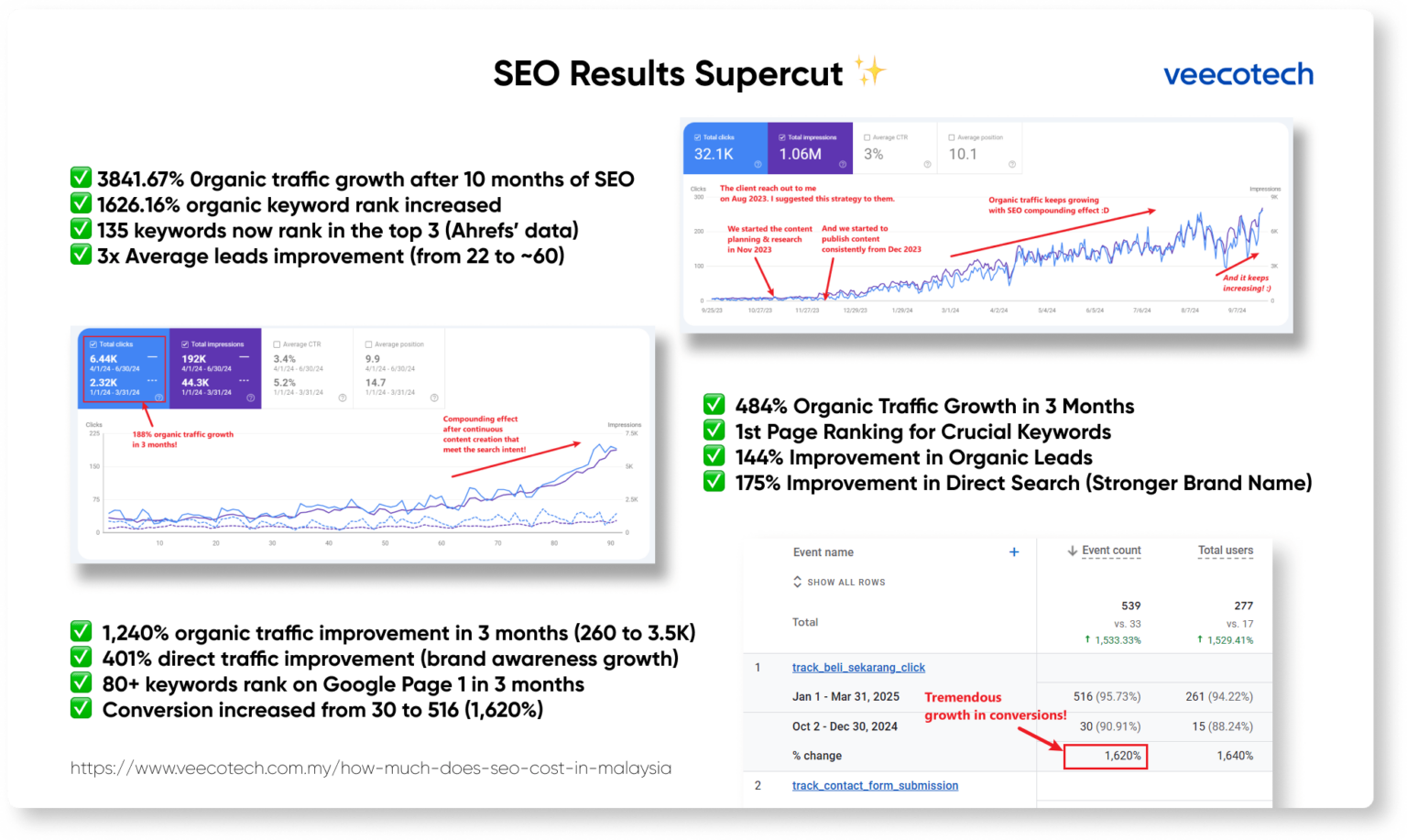
If you’re serious about:
- ✅ Multiplying your traffic & conversions across Google, Bing, AI Chatbots and organic socials
- ✅ Get hands-off execution by senior strategists—free up your team’s time
- ✅ Building revenue-driving assets that keep selling long after we hit "publish"
Then the RankRise Growth Plan could be your best next step.
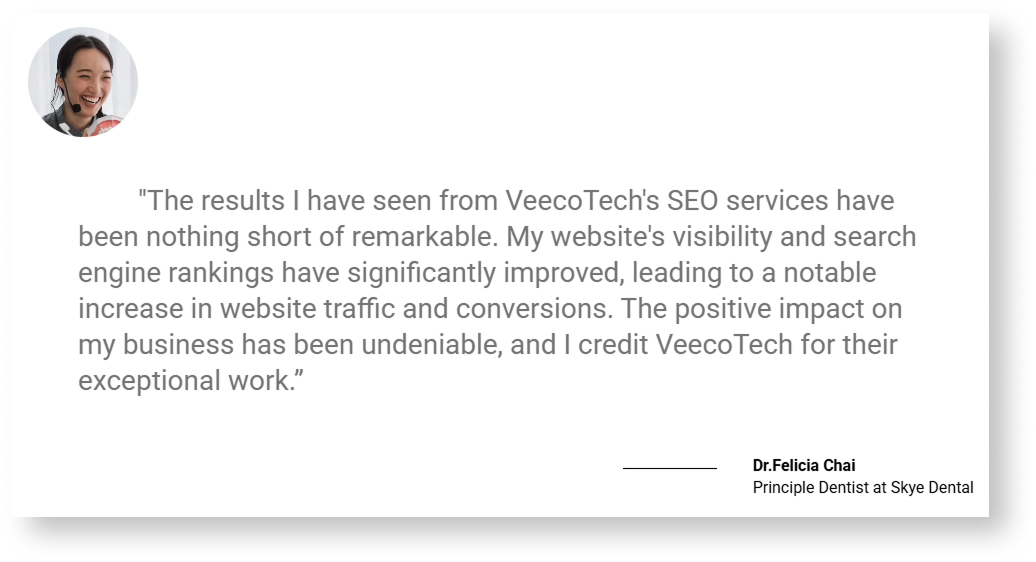
Just start from RM 2,899/month!
And if you don’t see measurable gains in traffic and visibility within 90 days, we refund every cent. No fine print.
👉 Book your free 15-min strategy call and walk away with a tailored competitive teardown—whether we work together or not.
3. Compliance with data privacy
Before diving into campaign creation, it’s of critical importance to ensure that your preferred AI solution complies with data privacy standards. No matter the data source you leverage, you need to know that you don’t cross any line of appropriate data collection and management.
Many brands sacrifice compliance with data privacy regulations in the name of personalizing their messaging.

(Source)
Reinforcing security and constantly auditing how people within your company manage customer data is a key prerequisite to keeping them secure. Also, you might want to consider putting strict limits on who can see and handle your data. This means that only the people that are directly involved in campaign creation and management should be able to access them.
Always remember that establishing privacy standards in your AI platform is vital to building customer trust. Not to mention it keeps you away from legal trouble.
4. Data quality
It goes without saying that, to get started with AI, you must have a large amount of customer data at your disposal. Apart from extensive, they must be accurate and of high quality too. This type of data is the backbone of AI marketing.
Relevant data feed AI platforms with customer behaviors, preferences, and marketing trends that will contribute to the performance of your campaigns. So, basically, AI tools are just as effective as the data you provide them with.
No matter if you take the data straight from your own CRM system or third-party sources, marketers need to ensure they are correct, consistent, and relevant. Before anything, have your marketing team coordinate with data management experts to make sure the right processes are in place.
Follow the quality assurance methods to avoid using the wrong data in your campaign creation and making decisions that will end up hurting your bottom line.
Final Words
Artificial intelligence has a significant impact on the current market, enabling companies to yield optimum results with minimum effort and costs.
By leveraging AI marketing, brands stay competitive with personalized content, enhanced customer experience, and stellar customer service. But to get the most out of it, you need to keep up with the best AI marketing strategies for creating memorable campaigns that convert.
However, you should never forget the human factor in this equation. AI tools aren’t meant to replace content writers, designers, or other marketing professionals.
Rather than that, the point of incorporating AI technology in your marketing strategy is to build a symbiotic relationship where AI and human creativity complement each other to drive business growth.
Now’s the time to work out!
Get in touch with our digital marketing expert today to leverage AI in your marketing strategies. If you need a trusted SEO agency in Malaysia, we’re here to help drive your growth too!


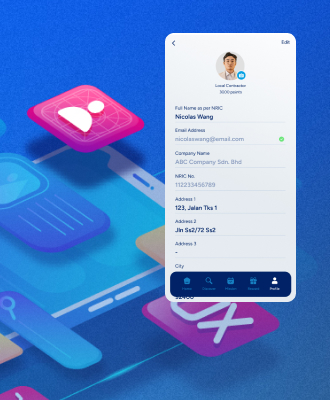


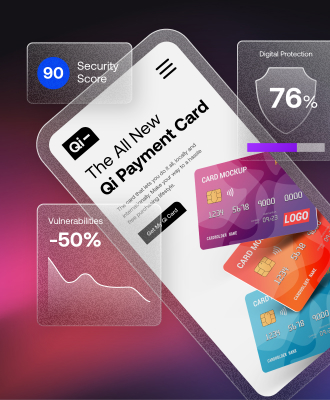
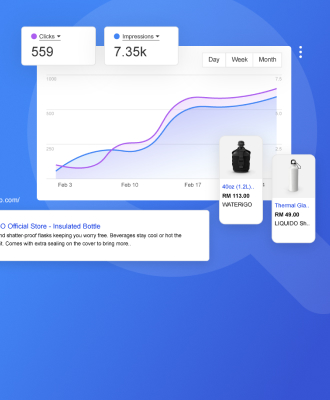
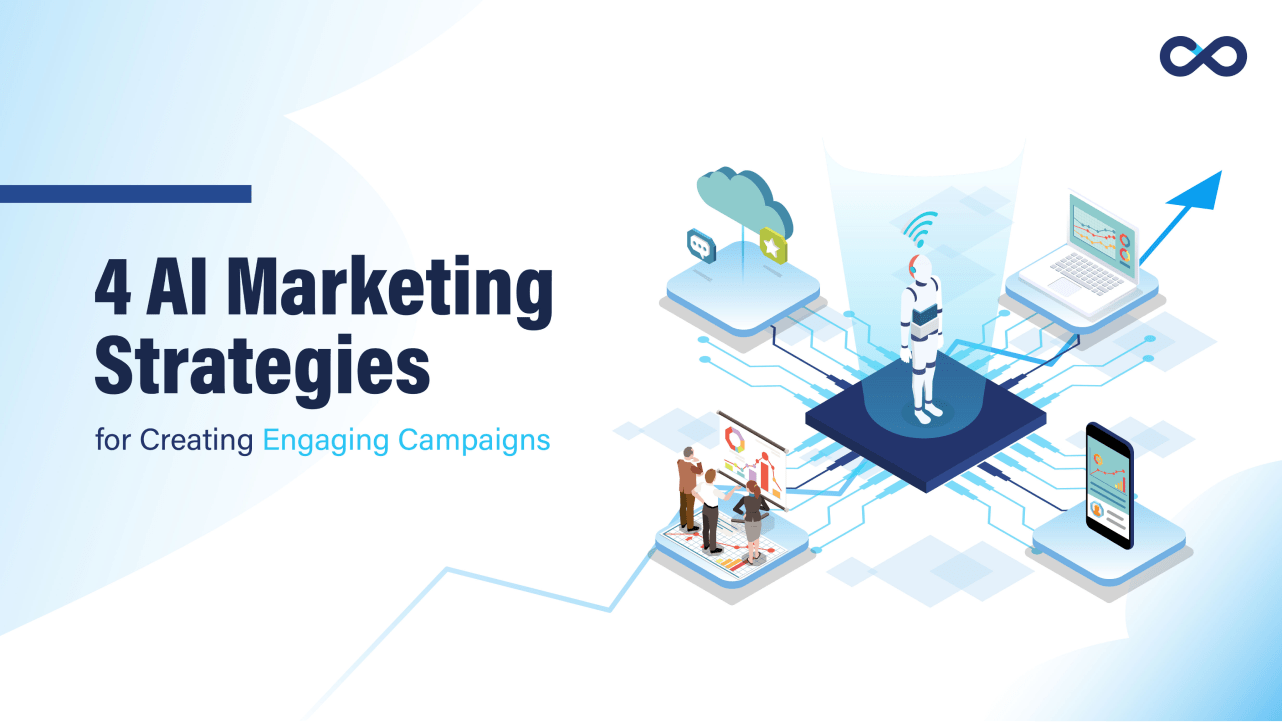

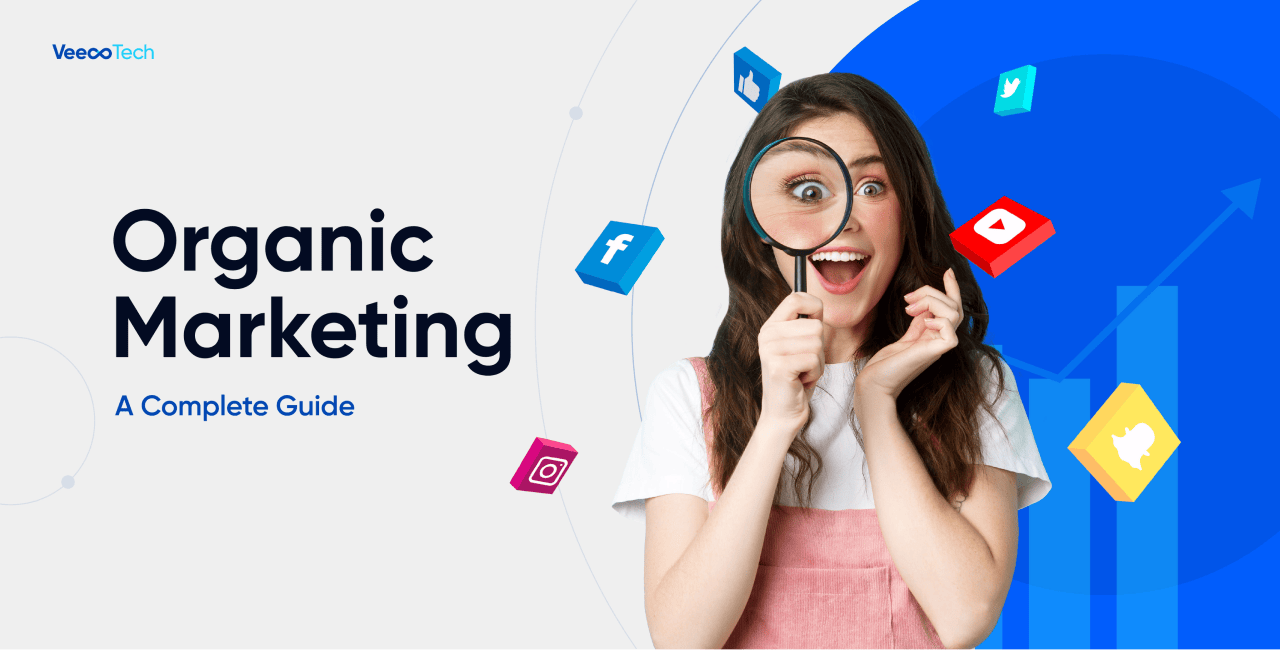
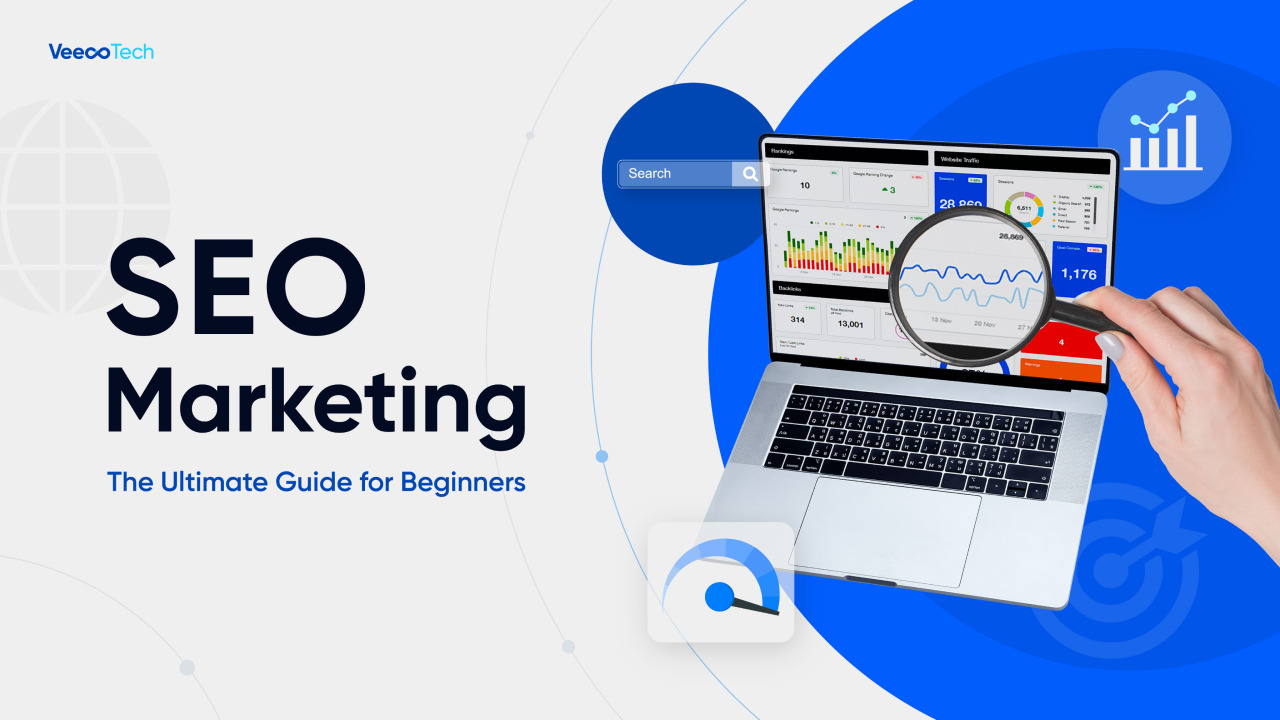
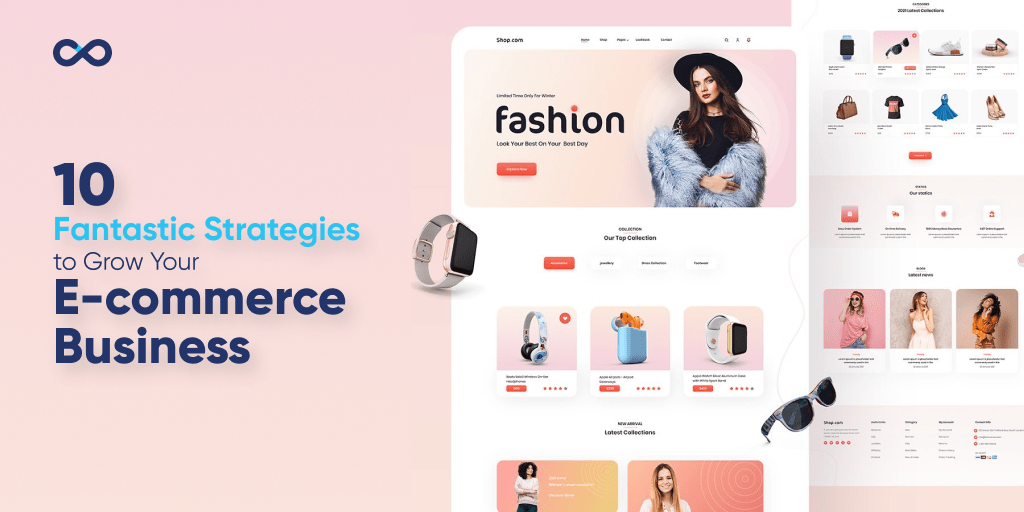

Leave A Comment